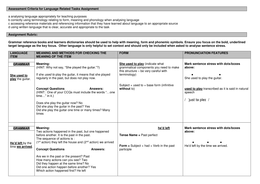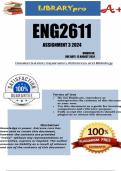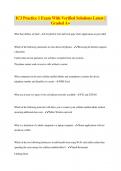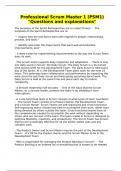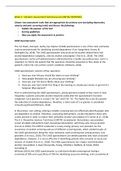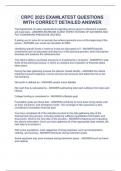a analysing language appropriately for teaching purposes
b correctly using terminology relating to form, meaning and phonology when analysing language
c accessing reference materials and referencing information that they have learned about language to an appropriate source
d using written language that is clear, accurate and appropriate to the task
Assignment Rubric:
Grammar reference books and learners dictionaries should be used to help with meaning, form and phonemic symbols. Ensure you focus on the bold, underlined
target language as the key focus. Other language is only helpful to set context and should only be included when asked to analyse sentence stress.
LANGUAGE MEANING AND METHODS FOR CHECKING THE FORM PRONUNCIATION FEATURES
ITEM MEANING OF THE ITEM
GRAMMAR Meaning: She used to play (indicate what Mark sentence stress with dots/boxes
(HINT: Why not say, “She played the guitar.”?) grammatical components you need to make above:
this structure – be very careful with
She used to If she used to play the guitar, it means that she played terminology) ● ●
play the guitar. regularly in the past, but does not play now. She used to play the guitar.
Subject + used to + base form (infinitive
Concept Questions Answers: without to) used to play transcribed as it is said in natural
(HINT: One of your CCQs must include the words “…one speech
time…” in it.)
/ ˈjust tə pleɪ /
Does she play the guitar now? No
Did she play the guitar in the past? Yes
Did she play the guitar one time or many times? Many
times
GRAMMAR Meaning: he’d left Mark sentence stress with dots/boxes
Two actions happened in the past, but one happened above:
before another. It is the past in the past. Tense Name = Past perfect
The sequence of actions is :
He’d left by the (1st action) they left the house and (2nd action) we arrived ● ● ●
time we arrived. Form = Subject + had + Verb in the past He’d left by the time we arrived.
Concept Questions Answers: participle
Are we in the past or the present? Past
How many actions can you see? Two
Did they happen at the same time? No
Did one action happen before another? Yes
Which action happened first? He left

